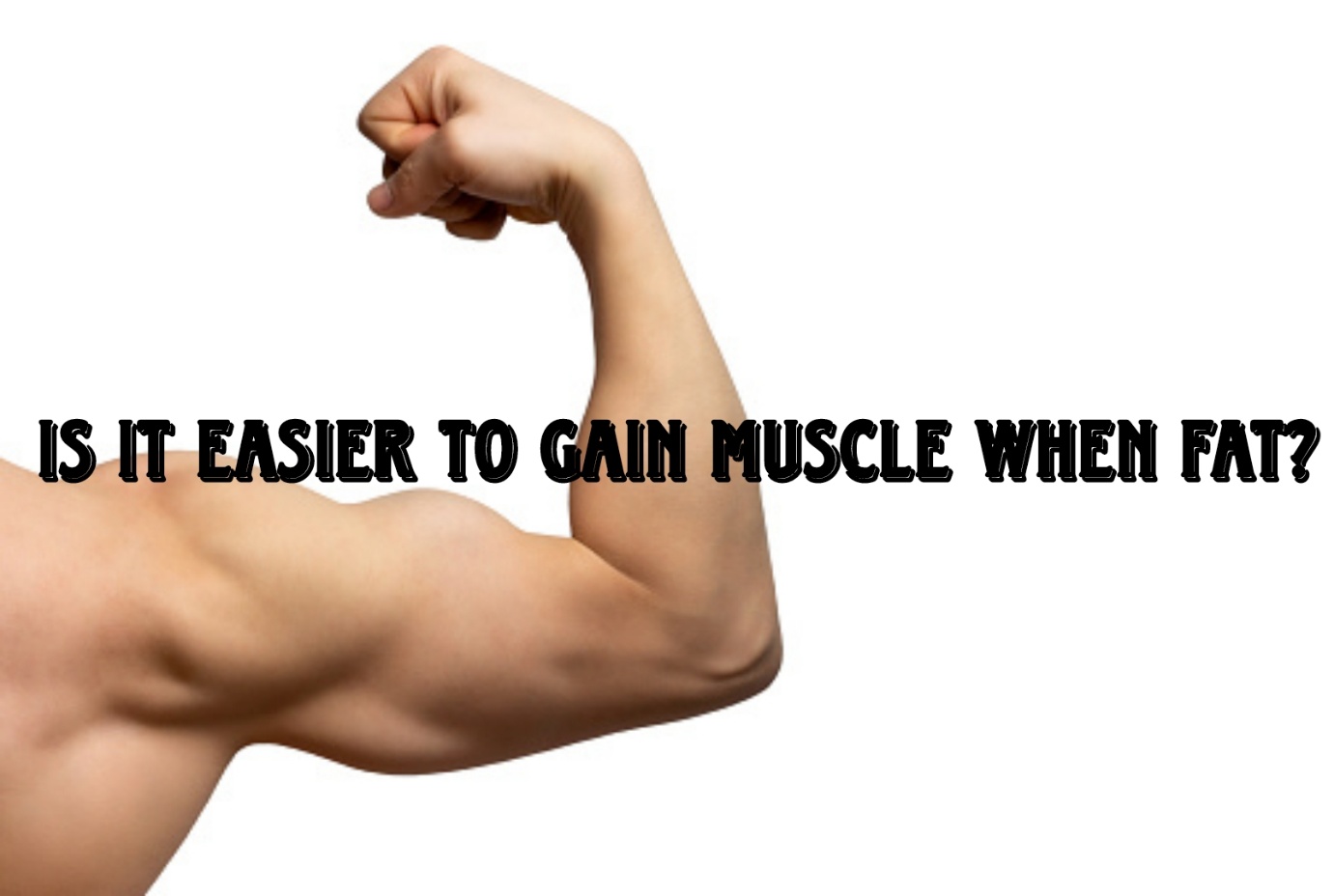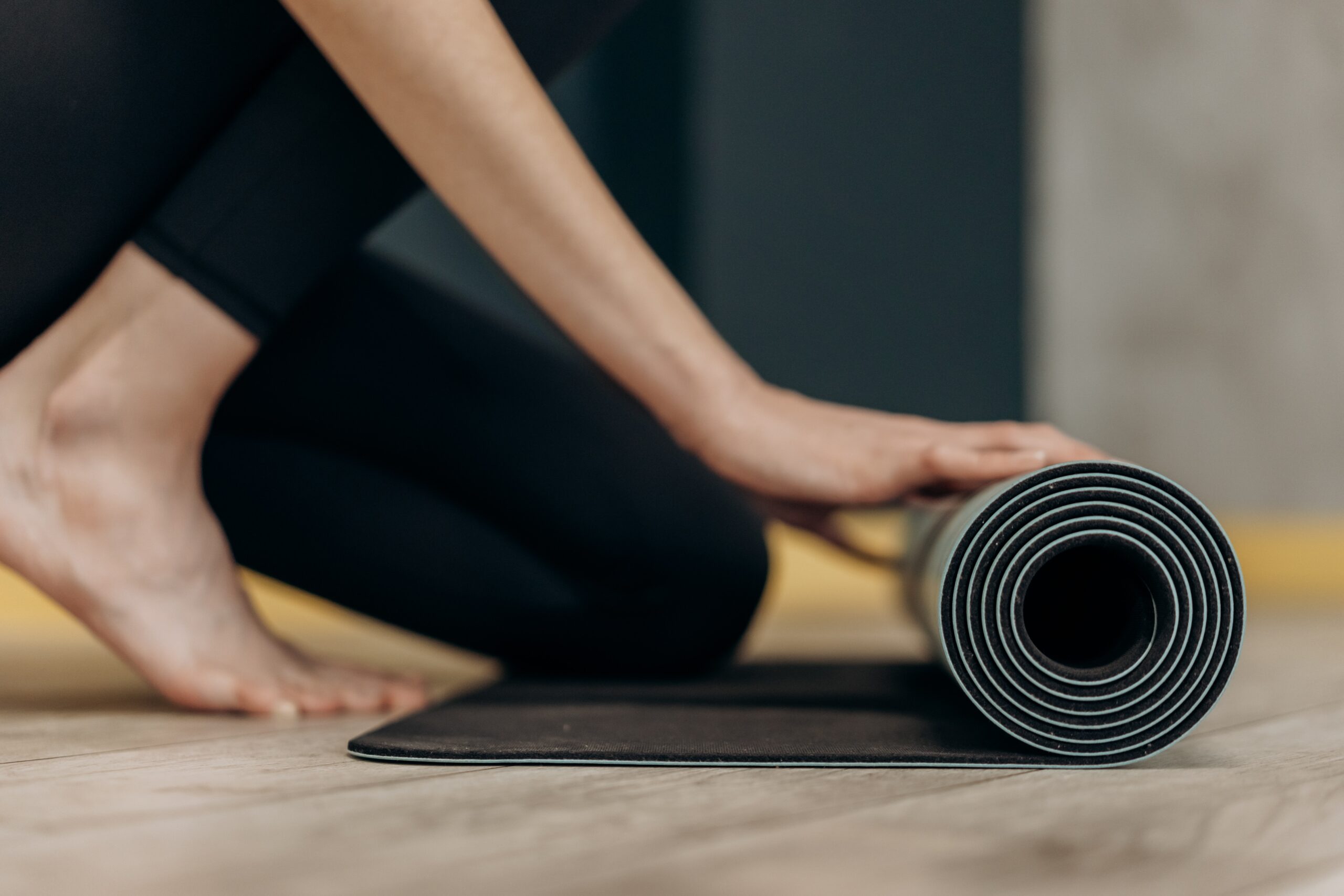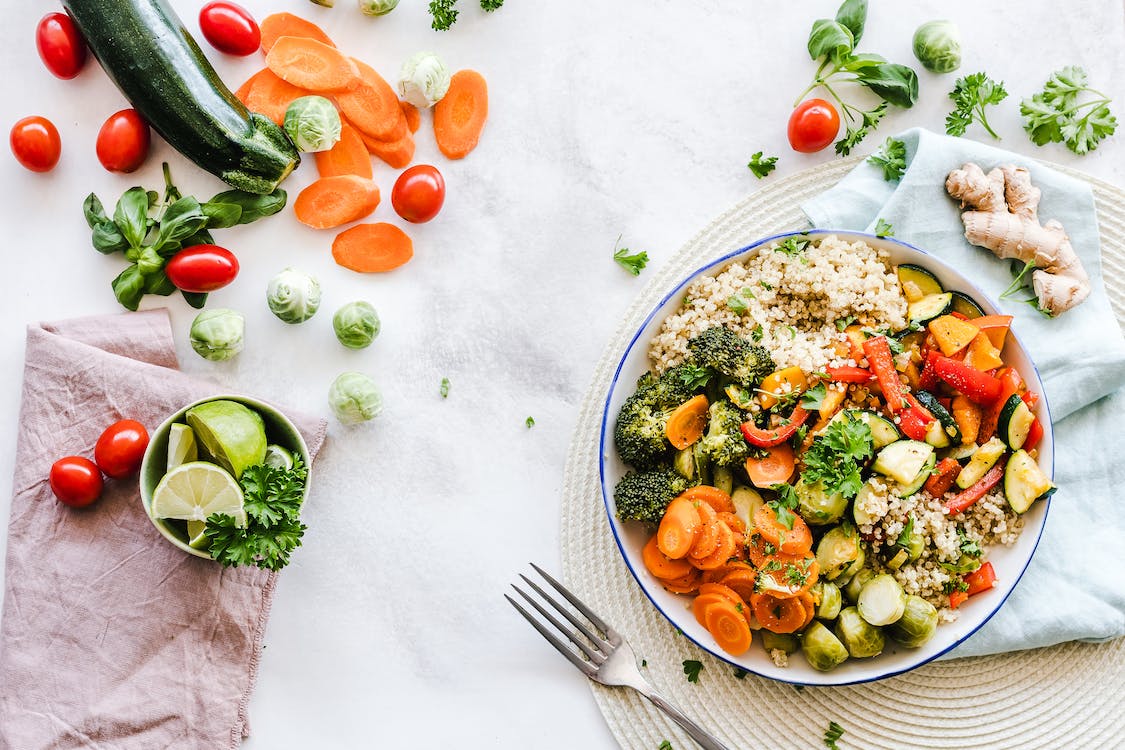Fat vs Muscle | is it easier to gain muscle when fat? | Learn how to build muscle accordingly
Losing fat and gaining muscle is a common goal for many people but they often ask, is it easier to gain muscle when fat?
One of the most popular of the many fitness myths is the idea that you can turn fat into muscle through vigorous exercise and a healthy lifestyle. However, the process of losing fat and building muscle is not easy. Verily, it is a common belief in the fitness world that obese people usually can build muscle faster and easier than thin people. Yet, this is not a fixed rule.
An individual’s muscle growth ultimately can depend on many factors. This is because the physiological and chemical properties of each person is merely different. Since a person’s body structure depends mainly on genetic factors, thus it is difficult for people who are naturally thin to gain weight.
The same basic principles apply to both weight gain and weight loss if done smartly and healthily. Typically, in this blog post, we’ll discuss whether is it easier to gain muscle when fat.
Is it easier to gain muscle when fat?
Simply the answer to, is easier to gain muscle when fat is no. Because the cells of muscle and fat are different, it is physiologically impossible to convert fat into muscle. A good analogy however is that you can’t turn a banana into an apple as they are two different things.
Unlikely, an interesting study by a scientist named Forbes officially showed a relationship between body fat and the ability to build muscle tissue. His research evidently found that people with low body fat build muscle more easily than people with high body fat. High levels of body fat typically make learning more difficult. According to Forbes, usually it’s easy to get lean, importantly if your body fat percentage is less than 15%.
Studies have shown that when both lean and obese people followed a high-calorie diet that helped them gain weight. Likewise, lean people, however, gained more lean mass than fat, and obese people had a higher percentage of body fat versus muscle. In this study, lean people on a high-calorie diet normally gained an average of 65% of their lean body mass, and however, the rest were obese. Obese people typically following a similar diet gained an average of 35% lean body mass and 65% fat. Hence, studies show that high-fat diets can surely inhibit muscle growth.
Reasons not to be overweight
- Genetics
- Insufficient food
- Very physically active lifestyle or work
- Excessive physical exercise
Remember: Some people are yet too thin because of a disability, eating disorder, drug addiction, or serious medical condition.
Fat vs Muscle
Unquestionably, to cover up is it easier to gain muscle when fat, firstly let’s discover the difference between muscle and fat. There are three types of muscle:
- Firstly, skeletal muscles
- Secondly, cardioid (heart) muscles
- Thirdly, smooth muscles (usually found in the gut).
Skeletal muscle is importantly abundant in body structure and is usually connected to bones and tendons to allow voluntary body movement. Commonly, bundles of muscle fibers called myofibrils are present in its tissues. Myofibrils truly contain smaller fibers composed of long chains of amino acids, which are the building blocks of proteins. Amino acids mostly have a unique nitrogen group in their chemical structure.
In contrast, body fat, also known as adipose tissue, is made up of triglycerides with a glycerol backbone and three fatty acid chains. Clearly, there are different types of body fat, but fat is only made up of different carbon, hydrogen, and oxygen atoms. No doubt muscle and fat cells are chemically different, neither transforms into the other.
Gaining Weight vs Muscle Building
Traditional muscle growth is achieved by adding weight. Yes, you can gain some muscle while losing fat, but the process is very slow and not as effective as building muscle while building it. To gain significant muscle mass, primarily you will need to increase your weight.
The thing about weight gain and loss is that it’s always a combination of fat tissue. That means you always gain extra body fat when you’re trying to gain muscle, and similarly you lose muscle when you’re trying to lose body fat. Depending on many factors, for every pound you gain, one-third to two-thirds is fat, and the rest is lean tissue.
Though, this means that rate of weight gain isn’t necessarily the best answer given how fast you’re building muscle. Body composition should be checked at the beginning of the Liturgy and after about 8-12 weeks.
How to Build or Gain Muscles
Antagonism training for muscle growth
Resistance training truly promotes muscle growth. Suggestions mainly include:
- Train only 2-3 times a week surely to give your muscles time to recover. If you are tempted to exercise more often, remember that muscle growth occurs during recovery.
- Choose compound exercises typically that work several major muscle groups, such as squats and bench presses.
- Instead of long, leisurely workouts, do short, intense workouts.
- Don’t waste your time and money on muscle-building powders, pills, and products. Particularly, tgese claims have not been scientifically proven.
- Ask an expert for advice. Virtually, a gym instructor, personal trainer, physio, or even physical therapist can help make sure you’re doing each exercise correctly. Good advice essentially increases your profits and reduces your risk of injury.
Watch out for weight gain
- Tracking your progress can positively increase your motivation.
- Keep a log to track your kilojoule intake and exercise schedule.
- Be persistent.
- Surely to gain weight, you need to increase the daily dose.
- Create meal plans.
- Make sure your goals are realistic.
- For example, it may take a year to gain a few pounds. Nonetheless, it takes time to maintain a lean weight, so don’t be discouraged by small gains.
- Visit your doctor regularly to assess your progress.
Finishing off
To sum up is it easier to gain muscle when fat, eventually it is a myth that fat can be turned into muscle.
During weight loss, fat is extracted from fat cells and used by the body to produce energy along with other by-products. Ideally, muscle gaining is typically through strength training and a high-protein diet.
Finally, it takes dedication to lose weight and build muscle, but the good news is that with a little effort, your body will adapt accordingly.




